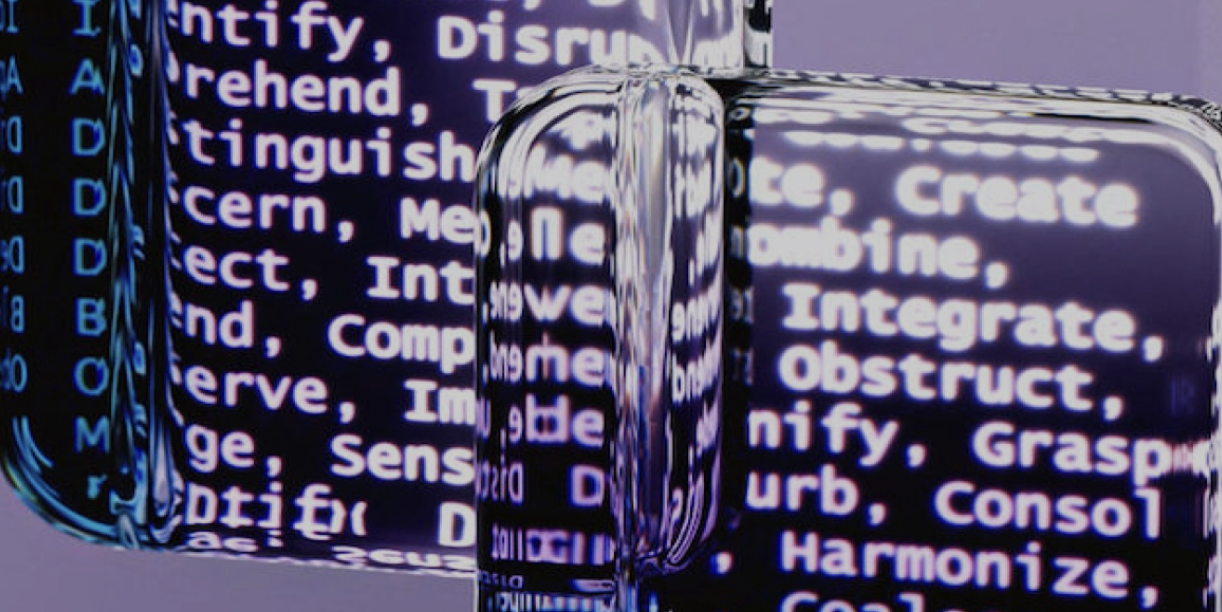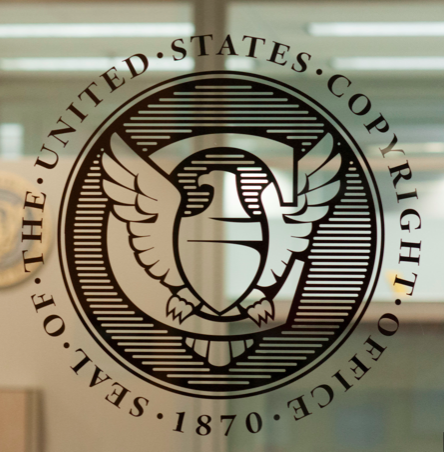Meta Cites Fair Use In AI Copyright Case Response

Meta has officially responded to a recent copyright lawsuit brought forth by three authors – Sarah Silverman, Christopher Golden, and Richard Kadrey – regarding its generative AI model known as LLaMA. While this particular lawsuit doesn’t involve the music industry, it raises essential questions about the copyright implications of AI companies that utilise existing copyrighted material in training their models.
In its response, Meta contends that the use of copyrighted works in this manner falls under the doctrine of “fair use” as established by US copyright law. However, the determination of when fair use is applicable remains a subject of ongoing debate and is expected to only become an even more complicated piece of legislation as the debate surrounding AI roles on.
The heart of the matter lies in whether technology companies can freely copy existing copyrighted works to train their AI models without securing licences from the copyright holders. While the music industry, along with other copyright industries, argues that licensing is mandatory when using existing copyrighted material for AI model training, certain segments of the tech community maintain that such activities might be permissible without licensing in specific jurisdictions.
In the United States, the applicability of fair use provisions depends on various factors and is frequently the subject of legal disputes. In the context of AI, these debates are poised to escalate, with cases like the one initiated by Silverman, Golden, and Kadrey serving as critical battlegrounds for the interpretation and application of fair use.
The outcome of these legal battles will not only impact the boundaries of fair use but also set precedents that could significantly influence the ways AI companies approach their training processes. Moreover, it will have implications for copyright holders, as they seek to safeguard their intellectual property rights in an era where AI plays an increasingly prominent role.
As the technology and creative industries grapple with these complex legal challenges, the landscape of copyright law in the context of AI will continue to evolve, with far-reaching consequences for both creators and innovators. Ultimately, the resolution of these debates will help define the future of AI-driven content generation and its relationship with existing copyrighted material.



